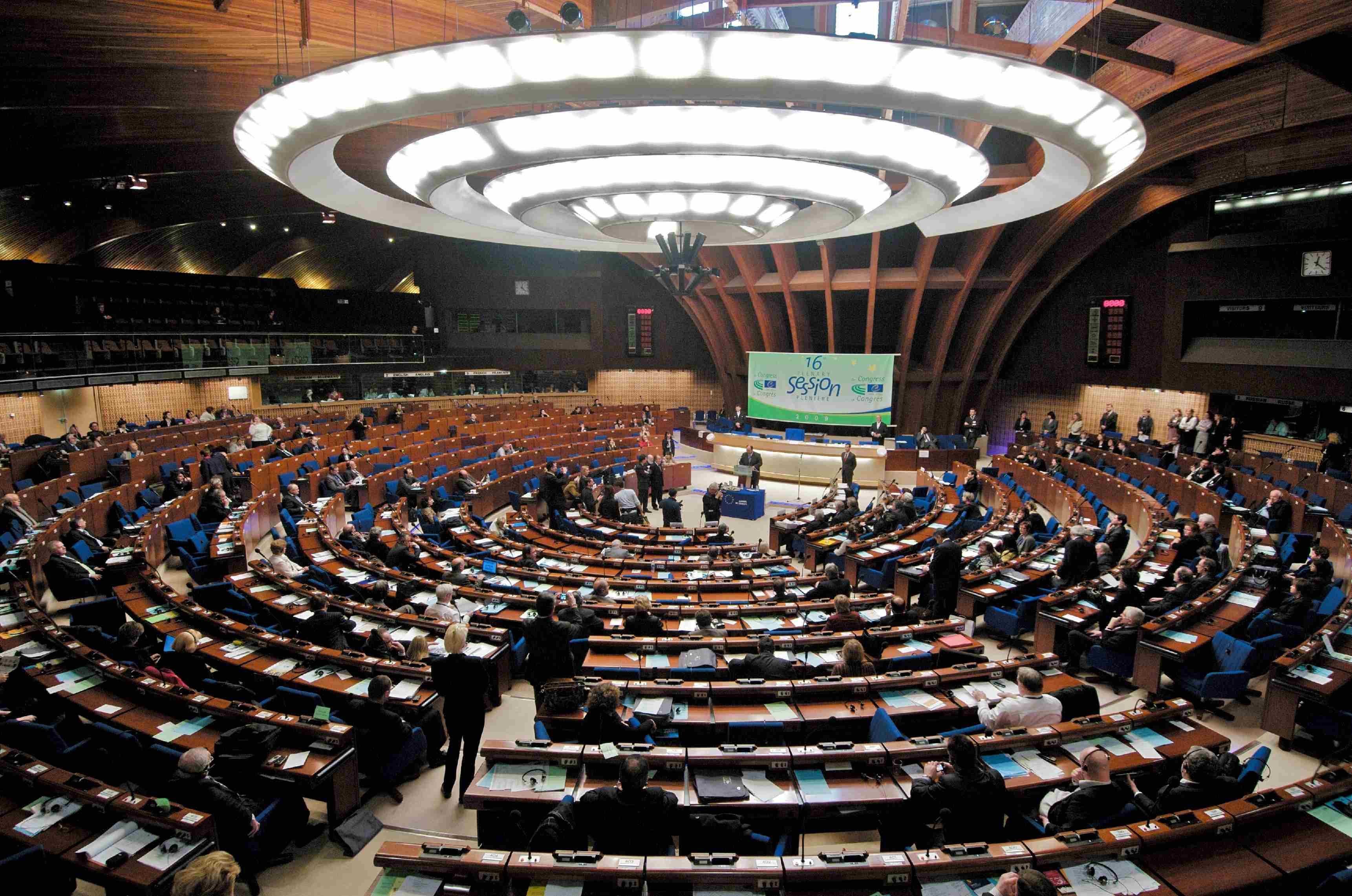The secretary general of the Council of Europe, former Norwegian prime minister Thorbjørn Jagland, has included the actions by the Spanish police during last year's referendum in Catalonia in his annual report published this Monday. In the section "Proper conduct of authorities during public events", Jagland mentions the referendum and the fact that the commissioner for human rights, Nils Muižnieks, sent a letter to Spain's interior minister, Juan Ignacio Zoido, expressing his "concerns regarding allegations of disproportionate use of force by law-enforcement authorities in Catalonia".
In that letter, dated 4th October, the commissioner cites reports that the use of force against voters was "disproportionate and/or unnecessary" and called for "swift, independent and effective investigations... [into] police misconduct". Two days later, Zoido replied that the police's actions were "prudent, appropriate and proportional, with the aim of ensuring the observance of the law and the protection of the rights and liberties of all citizens".
The other countries mentioned in the report in relation to worries over the use of force by police are Armenia, Moldova, Russia and Turkey. The same section also describes "concern regarding the abuse of identity checks by law-enforcement agencies in France as a means of crowd control".
Jagland discussed the police's actions in Catalonia during a regular meeting behind closed doors with the permanent representatives of the 47 member states the week after 1st October. On 12th October, representatives of different parties and countries in the Council's Parliamentary Assembly called for "dialogue" and the involvement of the international community in the situation in Catalonia. In a debate held in Strasbourg on "the need for a political solution to the crisis in Catalonia", the majority of deputies condemned the police repression of earlier that month and remarked that "violence" is not a solution.
Anti-corruption measures
The report also mentions, among other things, the conclusion of the council's anti-corruption body on Spain, which described compliance with its recommendations as "globally unsatisfactory" and the country's "lack [of] comprehensive anti-discrimination legislation".
The president of the Council of Europe's Group of States against Corruption (GRECO), Marin Mrčela, warned Spain earlier this month that if states ignore the standards set out by the body, judicial independence is at risk. The Spanish state has, according to the body's latest report, not completely implemented any of the eleven recommendations made by the body in 2013 to prevent and confront corruption involving MPs, judges and prosecutors.
The Council of Europe is an international organisation of 47 member states headquartered in Strasbourg. Its main objectives are the defence and protection of democracy, the rule of law and human rights. In the annual report, the secretary general remarks that "human rights, democracy and the rule of law depend on the institutions that give them form". The document is based on the Council's work through the Parliamentary Assembly, the Human Right commission and the European Court of Human Rights, among other bodies.

